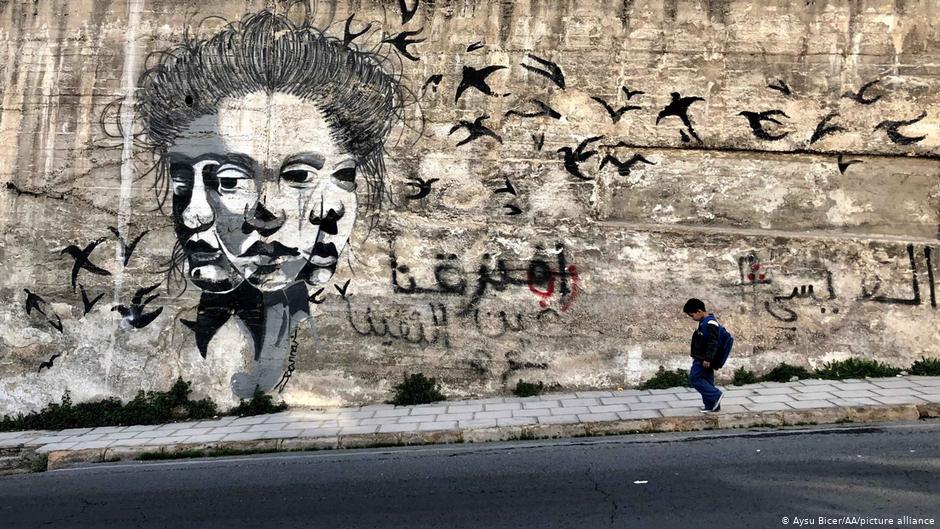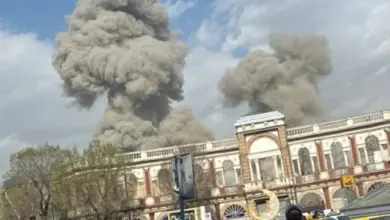
Students at Jordan’s Tafila Technical University have initiated a campaign to draw further attention to the potential harm caused by “jalwa,” an informal tradition-based law that has caused entire extended families to be uprooted from their homes for years.
Translated roughly to “banishment” or “exile,” jalwa often requires that people accused of grave crimes, and their families, leave the area where the act was committed in order to avoid cycles of reprisal. Banishment may apply to all descendants of a common male ancestor going back as far as five generations. That includes hundreds of people, most of whom have never even met.
In theory, jalwa is administered to keep the peace. In practice, it has human rights and socioeconomic consequences, because families lose livelihoods and homes. Even though they’ve done nothing wrong, banished distant relatives cannot work at their farms, businesses or jobs; attend school or university or often even vote because they’re not legal residents in their regions of exile.
“It is an outdated concept and needs to be disavowed by the authorities,” Adam Coogle, the deputy director of Human Rights Watch’s Middle East and North Africa division, who is based in Amman, told DW.
‘Collective punishment’
In cases of conflict between different families, tribal leaders get together to discuss reparation and punishment. These can take many forms, including money for the victim’s family or the banishment of the criminal.
It is hard to know how many jalwa cases occur in Jordan each year, but reports by rights groups suggest that there are likely between 10 and 15 annually. Hundreds of Jordanians have been subjected to jalwa over the past decade.
In March 2012, up to 1,300 people were forced to leave the Zarqa province and were not able to return until 2017. In a case that same year, the extended family of man who killed a police officer in Zarqa were also forced out of town. In September 2019, Human Rights Watch condemned the forced displacement of around 200 locals from Madaba province.
Jordanian authorities participate
Tradition-based law retains a particularly strong hold in Jordan, though it was officially removed from law books in 1976. It is seen as faster-acting than local courts and punishments meted out are more readily accepted by the community.
But, when district governors help to implement jalwa, for example by sending out local police to expel people from their homes, they are also “lending credence to the assumption that the victim’s family would seek revenge as a matter of course,” the British researcher Jessica Watkins wrote in a 2014 study.
“Jalwa is a social custom, unsupported by any legal framework, that takes place under the protection of the state,” the Amman-based Al Hayat Center for Civil Society Development NGO reported in 2013. “It is an outdated principle and at odds with the concept of the modern state that Jordan is trying to become.”
The practice was more feasible when tribes were nomadic and could more easily move on, according to the report. In contemporary Jordan, it is far more disruptive.
Jalwa debate continues
The practice has been reviewed by the Jordanian monarchy several times over the years, and a code of conduct was issued that tried to limit its application and scope. In 2016, an amendment to the country’s Crime Prevention Law was proposed that would have made jalwa part of the official legal code. It was meant to limit the period of exile to one year and the potential exiles to just the perpetrator’s immediate family.
According to the Jordanian government’s database of laws, this amendment has not progressed since then. In 2019, jalwa was to be included in an informal code of conduct but this plan has not proceeded because in 2020, Salameh Hammad, the minister pushing for it lost his bid for reelection.
Laith Kamal Nasrawin, a law professor at the University of Jordan in Amman, argues that a code of conduct is not enough and that jalwa should be defined by the law. “These restrictions must be outlined clearly and explicitly in texts that cannot be misinterpreted,” he wrote in a 2019 op-ed in the Jordanian daily Al Rai that opposed leaving decisions on jalwa to a code of conduct. “Only that will ensure the law is applied equally to all.”
But others believe that the tribal tradition needs to be phased out altogether.
“The solution is to have a credible justice system that people have confidence in,” Coogle of Human Rights Watch argued. “Rather than inscribing it into law, the state should arrest people who are responsible for crimes and protect others from revenge crimes.”
By Cathrin Schaer




